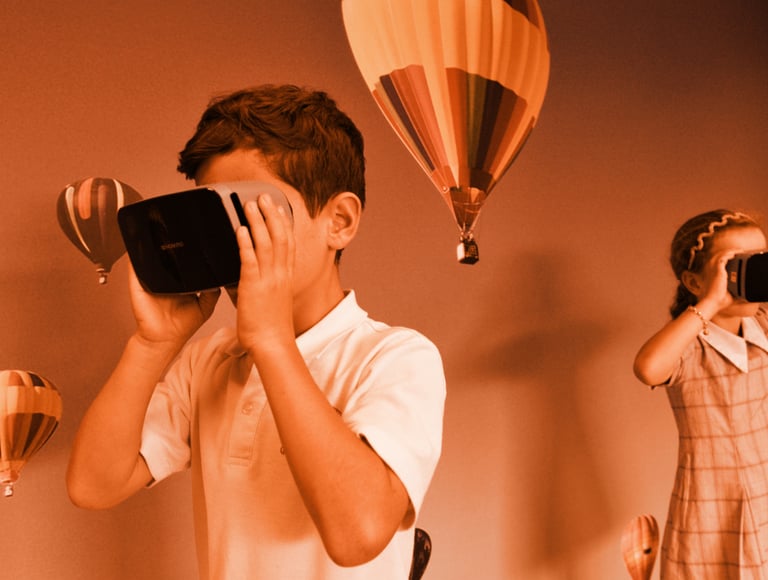Meta AI Chief Says ChatGPT Can Never Be as Intelligent as Humans
Meta’s AI chief, Yann LeCun, claims ChatGPT and similar AI chatbots will never match human intelligence due to their lack of true understanding and reasoning, despite heavy investments in AI development.


In a recent discussion that has sparked significant debate in the tech community, Meta’s AI chief Yann LeCun made bold statements about the limitations of current AI technology. According to LeCun, chatbots like ChatGPT will never achieve human-level intelligence. His remarks come at a time when tech giants such as Google and OpenAI are investing heavily in the development of artificial intelligence.
The Limits of Large Language Models
LeCun asserts that large language models (LLMs), which form the backbone of AI systems like ChatGPT, inherently lack the capacity for true understanding and reasoning. He states, “LLMs do not understand…” This foundational shortcoming means that despite their advanced capabilities, these models will not be able to match the depth of human intelligence.
AGI: The Ultimate Goal of AI Development
The tech industry is heavily invested in the pursuit of Artificial General Intelligence (AGI), an AI system that would possess cognitive abilities on par with humans. The so-called Big Four—Google, Amazon, Facebook (Meta), and Microsoft—are pouring resources into this endeavor, hoping to create AI that can perform any intellectual task a human can. However, LeCun’s recent comments cast doubt on the feasibility of achieving AGI with current technologies.
LeCun's Perspective on AI Training
One of the key points LeCun raises is the inefficiency of current AI training methods compared to natural learning processes in animals and humans. He notes, “Animals and humans get very smart very quickly with vastly smaller amounts of training data than current AI systems. Current LLMs are trained on text that would take 20,000 years for a human to read.”
This highlights a significant gap in how AI models learn versus how biological organisms develop intelligence. According to LeCun, LLMs require enormous datasets and extensive training periods to function effectively, yet they still fall short in understanding and reasoning.
The Safety Concerns of Current AI Models
LeCun also touches on the safety concerns associated with relying on current LLMs. He argues that these models are “intrinsically unsafe” due to their lack of true understanding and reasoning. This implies that their responses can be unpredictable and potentially harmful if misapplied.
Comparing AI to Biological Intelligence
In his critique, LeCun draws comparisons between AI models and biological intelligence. He points out that even animals with relatively simple nervous systems, such as corvids, parrots, dogs, and octopuses, can achieve a level of intelligence that current AI cannot replicate. “Humans get a lot smarter than that with comparatively little training data. Even corvids, parrots, dogs, and octopuses get smarter than that very, very quickly, with only 2 billion neurons and a few trillion ‘parameters,’” he adds.
Contrasting Views: Elon Musk on AI
LeCun’s statements come in stark contrast to recent remarks by Elon Musk. At a startup and tech event in Paris, Musk expressed a more dystopian view of AI’s future, suggesting that it could eliminate human jobs entirely. “Probably none of us will have a job,” Musk warned, highlighting his belief in the potential for AI to outperform human labor across various industries.
The Future of AI Development
While LeCun acknowledges the impressive achievements of current AI systems, he remains skeptical about their ability to achieve human-like intelligence. His insights suggest that without fundamental changes in how AI models are trained and developed, reaching AGI will remain out of reach.
As the debate continues, it is clear that the future of AI is still full of uncertainties. The tech industry must navigate these challenges carefully to ensure the development of safe and effective AI systems. Whether or not AGI is achievable, the ongoing advancements in AI will undoubtedly continue to shape our world in profound ways.